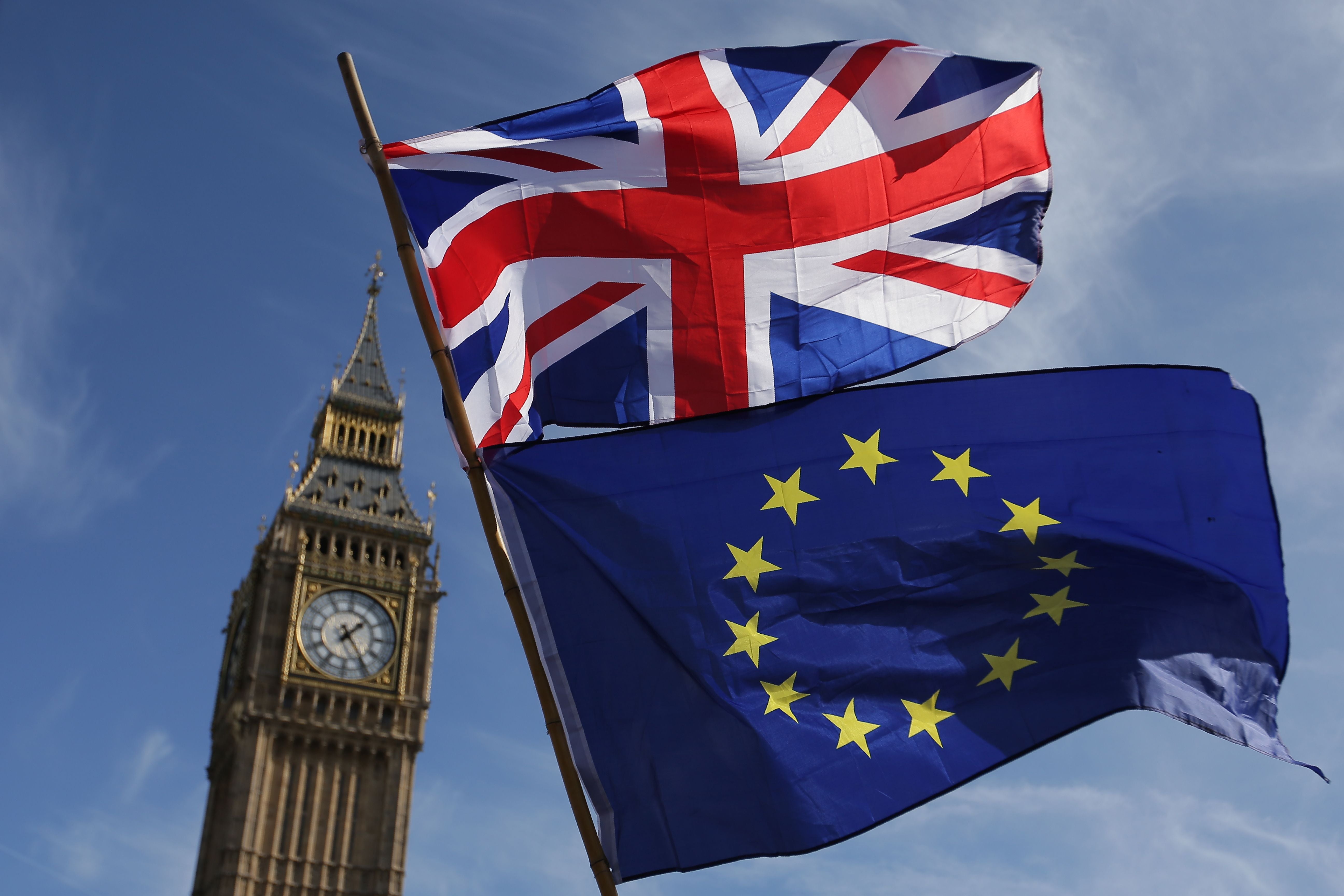UK and EU agree trade deal – what happens next?
Just days remain until the end of the transition period and there is little time left for ratification

Your support helps us to tell the story
From reproductive rights to climate change to Big Tech, The Independent is on the ground when the story is developing. Whether it's investigating the financials of Elon Musk's pro-Trump PAC or producing our latest documentary, 'The A Word', which shines a light on the American women fighting for reproductive rights, we know how important it is to parse out the facts from the messaging.
At such a critical moment in US history, we need reporters on the ground. Your donation allows us to keep sending journalists to speak to both sides of the story.
The Independent is trusted by Americans across the entire political spectrum. And unlike many other quality news outlets, we choose not to lock Americans out of our reporting and analysis with paywalls. We believe quality journalism should be available to everyone, paid for by those who can afford it.
Your support makes all the difference.Negotiations have concluded over a post-Brexit trade deal after months of fraught talks between Brussels and London. But with just eight days remaining until the end of the transition period, there is little time left to get the deal ratified.
Here The Independent looks at what to expect.
EU ratification
Ratifying a trade deal is not a straight-forward process. The deal must be approved not only by the governments of the 27 member states but also by the European Parliament. Member-states’ diplomats are to meet on Christmas Day to give their thumbs-up. They have been briefed in detail on negotiations as they progressed, so there should be no significant surprises for them in the final deal.
European Parliament approval is a more complicated process. It would normally involve the 2,000 page legal text being translated into the 24 official languages of the EU and then scrutinised at length before a vote. MEPs have furiously protested at the shortness of time as one deadline after another was missed, and announced just before Christmas that they would not reconvene to rubber-stamp a deal before the end of transition on 31 December. They will now be asked to sign off the treaty retrospectively in the new year.
The requirement for ratification by national and regional parliaments across the continent has been avoided as EU lawyers ruled that the agreement fell within the competence of the Union as a whole.
Recall of Parliament
Boris Johnson has said he will recall MPs and peers on 30 December to rush legislation through both Houses of Parliament at breakneck speed and onto the statute book in a single day. It is likely that many will participate via video link rather than travelling to Westminster, which is in under tier 4 coronavirus restrictions.
No 10 source brushed off suggestions that the PM was denying the opportunity for the kind of intense scrutiny appropriate to such a momentous bill, with a spokesman saying: “Parliament has long shown it can move at pace and the country would expect nothing less."
The House of Commons has been recalled during a recess 30 times since 1948, most recently in June to consider the response to the coronavirus pandemic.
Westminster vote
After Parliament is recalled, MPs will then be given the opportunity to debate and vote on legislation relating to the agreement secured on a future trading relationship with the EU.
Given the prime minister’s substantial majority and the decision of Labour leader Sir Keir Starmer to whip his MPs to back the deal, there is no doubt that it will pass.
However, there will inevitably be divisions. It is not yet clear how the hardline group of Tory Brexiteers, who caused the former prime minister Theresa May serious parliamentary agony, will view the agreed deal.
End of transition period - 31 December
On 31 December at 11pm UK time, the transition period will legally expire. Since severing ties with the EU at the end of January 2020, Britain has been subject to all of the bloc’s rules, including the free movement of people.
But once the transition period ends – regardless of whether a deal has been ratified – the UK’s membership of the single market, customs union and adherence to key principles of the bloc, such as free movement, will cease to exist.
If a deal is ratified, the new trading arrangements will come into force on 1 January 2021. Failing this, the UK will begin trading on World Trade Organisation terms – with all the consequences that entails.
Join our commenting forum
Join thought-provoking conversations, follow other Independent readers and see their replies
Comments